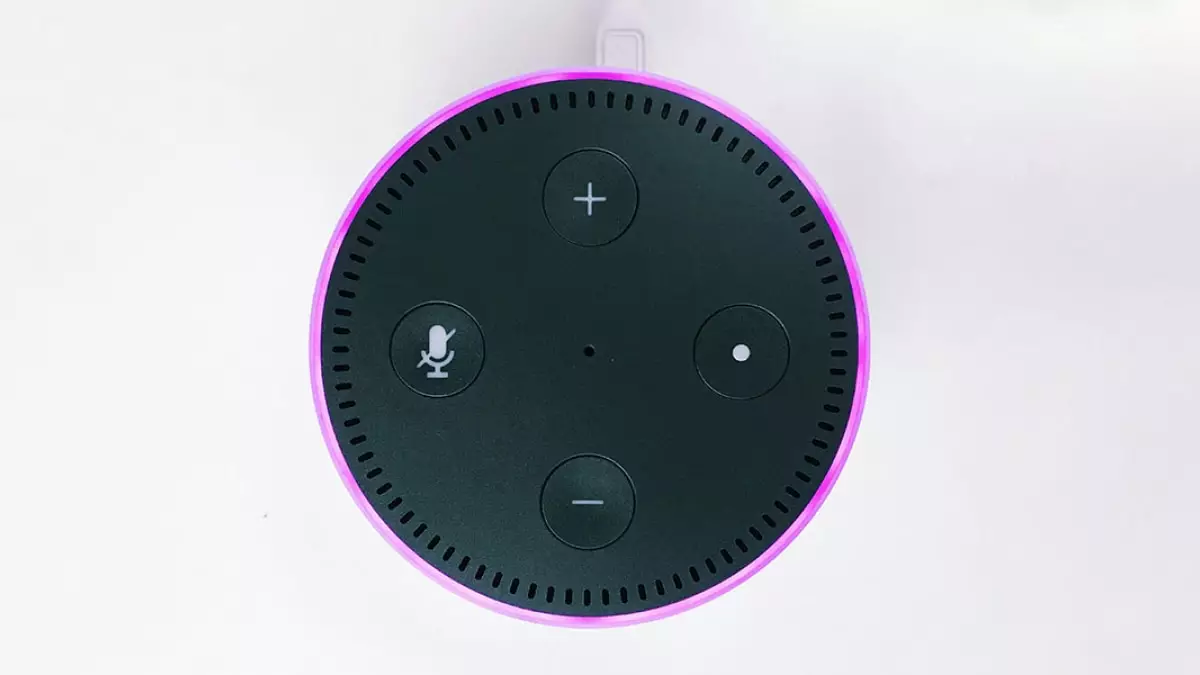In an era marked by unprecedented technological advancements that allow us to communicate effortlessly across the globe, the grim irony remains: feelings of loneliness and social isolation persist, especially among the elderly population. As the data suggests, a significant portion of older adults finds themselves grappling with loneliness, a condition that carries both physical and psychological repercussions. As researchers delve deeper into this vexing issue, there is growing interest in exploring how digital voice assistants—such as Amazon’s Alexa and Google Assistant—can serve as possible solutions to this pressing concern.
Elena Castro, a notable figure in Health Psychology and Technology Research at Universitat Oberta de Catalunya, has led initiatives investigating the potential of voice assistants in combating loneliness. Her research indicates that these technologies could indeed be beneficial in alleviating social isolation among older adults. However, while the initial findings bode well, Castro warns that the conversation capabilities of these voice assistants are still largely limited. They are often not equipped to handle dynamic, emotionally engaging dialogues, which are vital for fostering meaningful connections.
This limitation highlights a crucial point: while technology may help mitigate feelings of loneliness, it cannot replace the nuanced understanding and empathy offered through human interactions. Therefore, the reliance on automated companions raises essential considerations regarding privacy and ethical responsibilities.
The World Health Organization (WHO) has quantified the scope of this issue, estimating that up to one-third of adults across multiple regions, including North America, Europe, and parts of Asia, encounter loneliness. This emotional state has been linked to a range of adverse health outcomes, suggesting that addressing it should be a public health priority. Traditional methods of countering loneliness typically involve in-person interactions, which may not always be a feasible option, particularly for elderly individuals with mobility issues or social anxiety.
In this context, AI-driven tools emerge as a promising alternative. These technologies can provide companionship and stimulate social engagement, making them particularly valuable for those who live in remote areas or prefer virtual over face-to-face interactions. Despite their potential, it is important to tread carefully, as highlighted in Castro’s analysis, which reviewed 13 studies and found an 85% correlation with positive outcomes. Yet, she emphasizes that the diversity in methodologies and limited scope of these studies calls for cautious interpretation of the results.
Another fundamental concern arises from the very nature of voice assistants. They operate by continuously listening for commands, potentially exposing users to unintended data collection risks. Castro stresses the importance of safeguarding privacy by educating users about data handling practices—a critical step to foster trust in these digital companions.
Overdependence on technology for social interaction could further exacerbate the issue if it leads to diminished face-to-face encounters. Experts warn against this potential pitfall, advocating for a balanced approach that incorporates technology while still valuing traditional social interactions.
Looking ahead, Castro envisions a role for voice assistants in enhancing elderly care by facilitating various functions, from reminding users about medication schedules to encouraging social interactions. If implemented thoughtfully, these devices could become essential components in broader public health strategies aimed at reducing loneliness and enhancing social connectivity among older adults. The prospect of integrating voice technology into societal frameworks offers hopeful avenues for alleviating the pervasive feelings of isolation so many experience today, provided we remain mindful of the implications and limitations these technologies entail.

